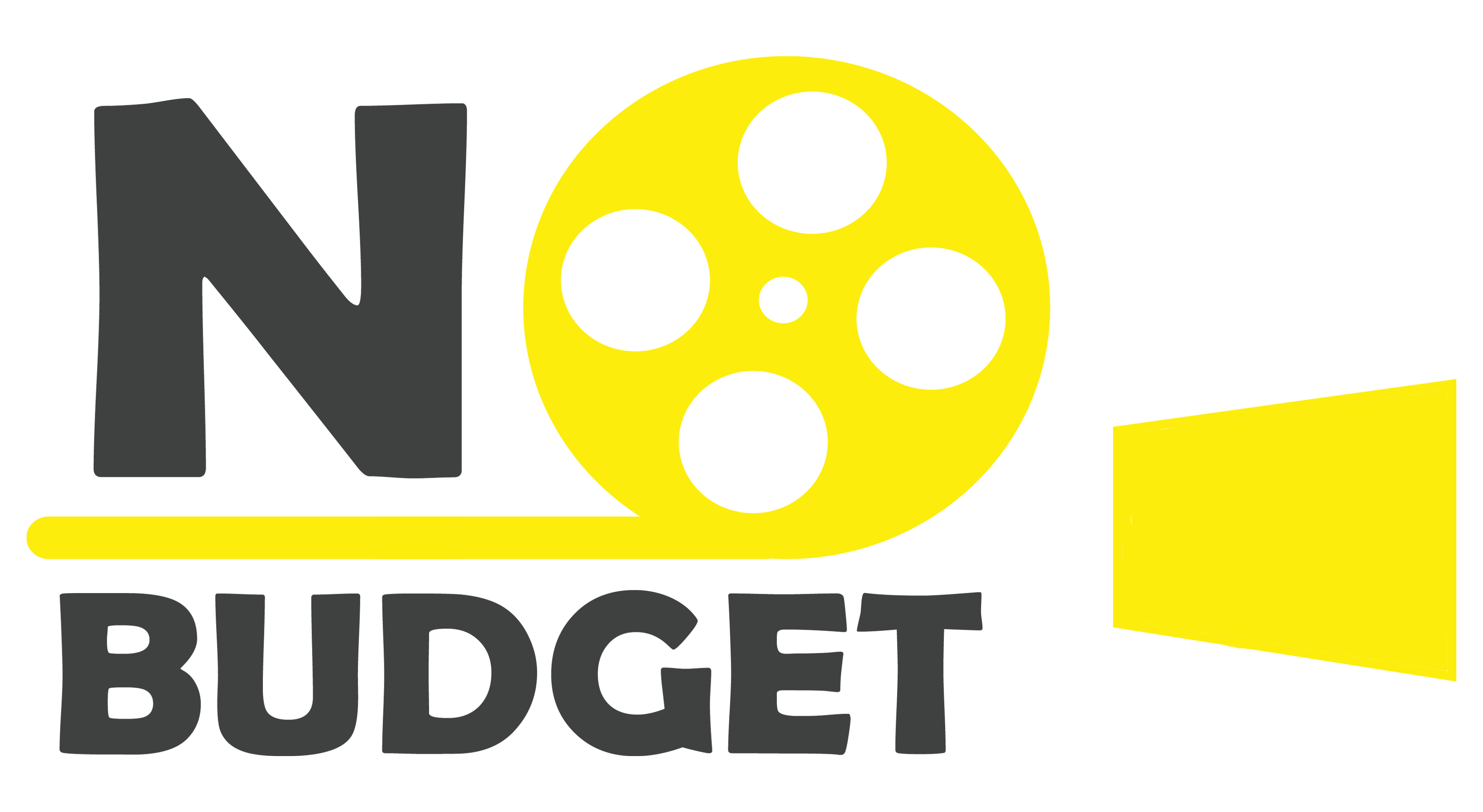Is YouTube Still a Viable Platform for Creators?
YouTube recently changed its monetization policy requiring 1000 Subscribers and 4000 Hours of watch time. Since they are making it more difficult to monetize videos, some people might be wondering if is it still a viable platform for content creators?

In the past, anyone with a video camera could start a YouTube channel and monetize the content they create, assuming they don’t violate any of YouTube’s policies. For the small creators this might mean only a few cents a month in profit, but as video quality improved, views would grow, and so would the income. Over time, YouTube changed the algorithm for how payouts happened, but for the most part they didn’t have a long list of hurdles that people would need to achieve before being allowed to monetize videos- that has now changed.
Not only is the hurdle for small creators harder to reach, even when that hurdle is met the amount of revenue earned has decreased. This is one of the reasons so many people are looking to other methods of generating revenue such as through Patreon.
Unless you are looking to work on your YouTube channel full time, uploading high quality content often, and willing to look to other sources of revenue such as product promotions, it might not be worth it to use YouTube as a revenue generating channel on its own. And even then, you might have issues. Use a clip of a song or movie in one of your videos and you might receive a copyright claim. This will happen often even if you are using the content under fair use laws. Also, it is possible to say something that offends someone which would then result in a content notice, which might get that video taken down. Receive a few more of those and you might have the channel as a whole flagged and removed.
However, if you are a business who is looking for a place to upload promotional videos of your products or service, it still looks like YouTube is the place. YouTube is still by far the largest source of video content on the web, and the number one place people go to watch videos.
YouTube is beginning to receive some competition in this market, especially from Facebook. Facebook is now receiving billions of views each day for video, and the company has begun to promote native video in its feeds to users.
What it comes down to is, what is the intent for your videos? If looking for a place to post something that might go viral, returns in google search results, and can be easily imbedded within your website then YouTube is probably still the best platform. But, if you are looking to receive revenue from your videos directly or have been spurned by YouTube like many content creators have recently, than other platforms such as Steemit might be worth checking out.
Related Posts
Leave a Reply Cancel reply
This site uses Akismet to reduce spam. Learn how your comment data is processed.




